
The latest news in oncology treatment research.

The latest news in oncology treatment research.

Varubi prevents nausea and vomiting associated with vomit-inducing cancer chemotherapy.

Oncologists will now be able to measure progress in cancer treatments.
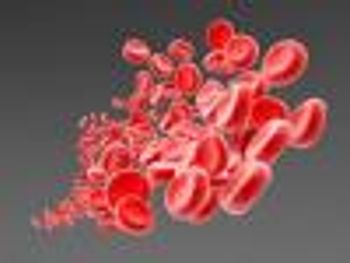
Elotuzumab is an immunostimulatory antibody combination therapy for patients who received one or more prior therapies.

Genentech official sheds light on the current cancer drug pipeline.

Dogs show promise in sniffing out melanoma, bladder, lung, breast, and ovarian cancers.

Researchers evaluate how PTEN protein regulates cell growth and how mutations can lead to cancer.

Researchers shed light on association between alcohol consumption and cancer.
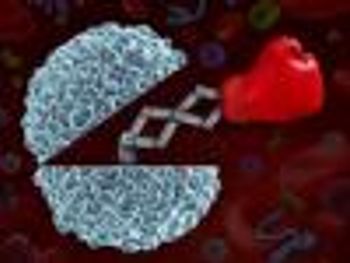
Findings could lead to more effective treatments for diseases such as cancer and multiple sclerosis.

Ongoing clinical trial testing guadecitabine in Myelodysplastic syndromes and acute myelogenous leukemia.

Novel kinase cascade found to regulate cancer growth.
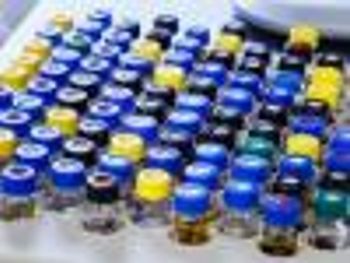
Sprycel label now includes 5-year first-line efficacy and safety data in adults with newly diagnosed Philadelphia chromosome-positive chronic myeloid leukemia.

New method may help personalize treatments for aggressive cancer.
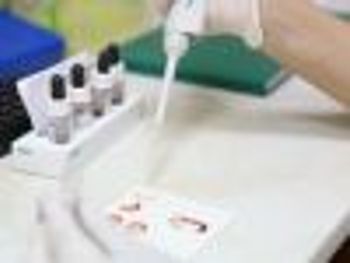
Onsolis provides opioid tolerant patients with an alternative dosing option.

Screening evaluates a large number of cells used in cancer therapy.

Research advances personalized cancer therapy.
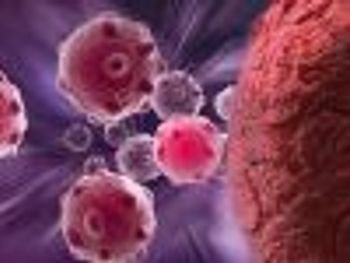
Catch up with the latest developments in cancer research.

Weight cycling may influence the biological processes that can lead to cancer.

High cost of research and development causes less investment by pharmaceutical firms.

Study finds significant barriers to health care access, including stigmatization.

Novel oral soluble film is indicated to prevent highly and moderately emetogenic chemotherapy-induced nausea and vomiting.

Particles are surrounded by a protective coating to release drugs in the presence of a specific tumor enzyme.
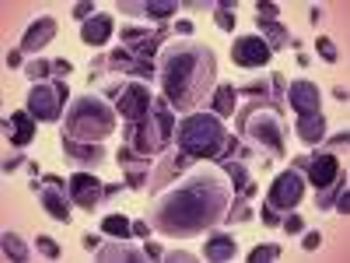
Kyprolis treats patients who received at least 2 prior therapies and have demonstrated disease progression on or within 60 days of completion of the last therapy.

Silver is a useful element to prevent bacterial growth.

Study finds less than half of cancer patients have a completed will.